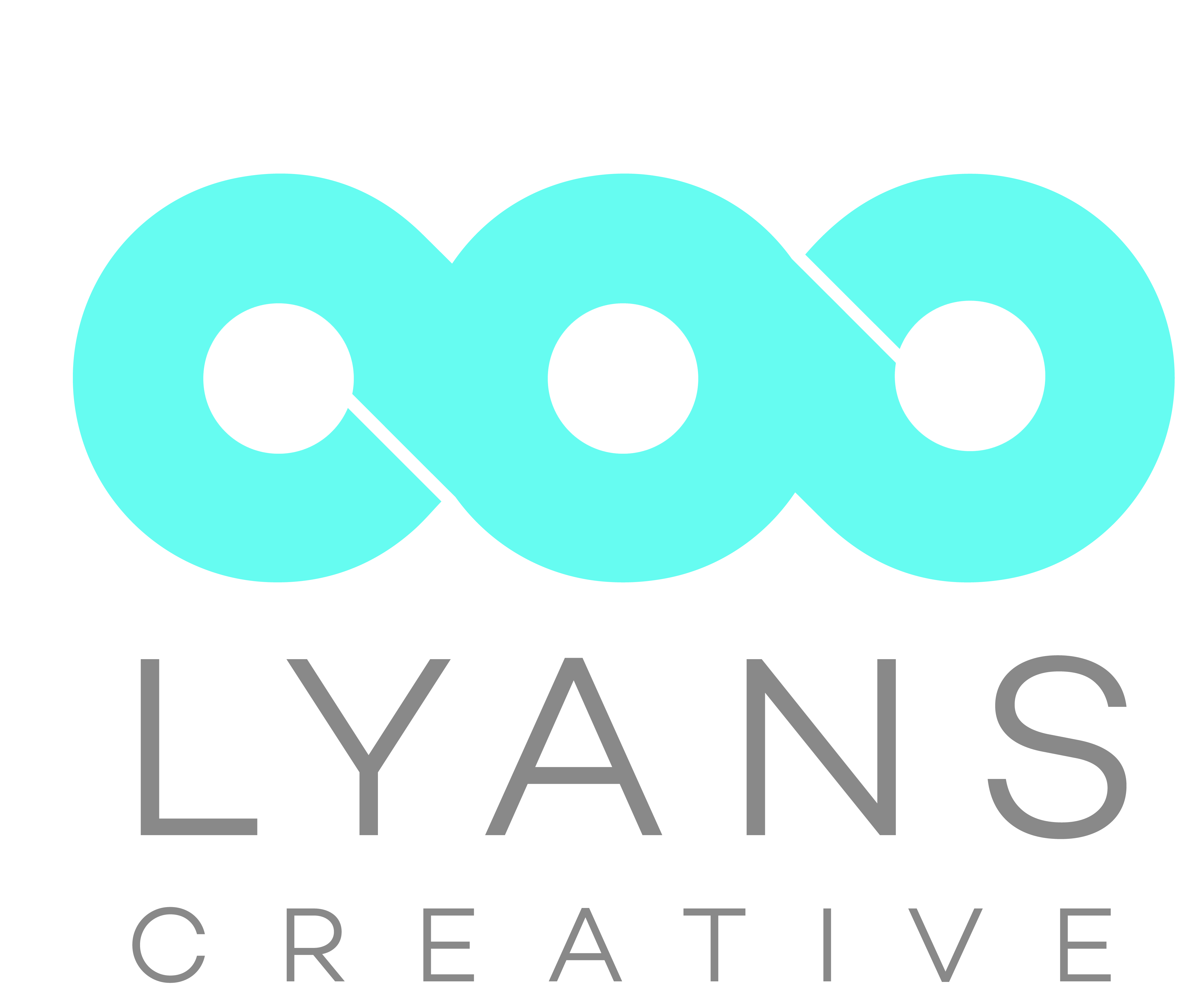Influencer Marketing For Your Business
Every influencer knows how difficult it is to keep people satisfied all of the time. Brands will have more chances to interact with a particular segment of the population or culture. That is why influencer marketing is so successful. Influencer marketing is even more effective when an influencer speaks directly to a particular audience and communicates with them on a regular basis. Influencer marketing is not a new concept: for decades, big-budget companies have paid celebrities to endorse their products. However, as consumers move away from traditional marketing and toward social media and emerging forms of digital marketing, a new method of marketing using online influencers has emerged.
Types of Influencers
Micro-Influencer - They create meaningful content for their audience and communicate with them through social media platforms, blogs, other written articles, websites, and forums. When a business has chosen a micro-influencer to partner with, they may have them write a post about their service, share an online review, or post a picture on Instagram of one of their products. Because of the manageable size of their following, they would be able to engage with their target audience about the content they share about their products and brand.
Social Media Influencer - Social media influencers are well-known and followed by thousands or even millions of people on platforms like Instagram, YouTube, Facebook, and Twitter. Fitness, workouts, cars, diet, outdoor activities, travel, fashion, art, beauty, and interior design are among the topics covered by social media influencers.
Businesses can entice them to share content that they feel complements their products or services, and since they have fans who are also members of their target audience, they can choose which content to promote. At its most basic level, influencer marketing is a form of social media marketing that relies on endorsements and product mentions from influencers—people who have a large social following and are regarded as experts by their followers.
Celebrity Influencer - Celebrity influencers are well-known people who have large followings in a variety of fields. They are well-known and, as a result, can have a significant influence on your target audience. Since celebrities are so well-known, they are successful at attracting a wide range of audiences across various platforms. Businesses ask celebrities to pose for photographs promoting their products, explain why their products or services would appeal to their target audience, include coupons and discount codes, or write reviews about why their brand stands behind them.
Blog Influencer - A blog influencer is someone who blogs for their own blog and has thousands or millions of subscribers and followers. Their depth and success set them apart from other bloggers. To collaborate with a blog influencer, businesses can write a guest post for their blog, request to be included in one of their posts, or sponsor a post about one of their products or services. If they sponsor a post on the influencer's page, they will also have pictures of their products to share.
Key Opinion Leader - High-level experts in a particular area on a specialized topic are known as key opinion leaders (KOLs). A KOL is a perfect choice if the organization wishes to draw audience members in a highly specialized area. KOLs are respected contributors in their sectors and have followers who are also interested in those subjects. Businesses typically ask them to review their YouTube products, list them in their column, write a brand blog post, share an Instagram post about their product, or model for a print or digital ad for their product.
What works in Influencer Marketing?
Evaluate your influencer marketing strategy carefully. Organize yourself, create a strategy, schedule, and budget, and spend time researching. Make a decision on how you'll find influencers: organically, through a website, or through an agency. Be patient and be human – people conversing with people, not businesses conversing with businesses.
Make a schedule. If you want to call the influencer weekly, quarterly, or biannually, or send them a newsletter? Integrate with the public relations, product release, and other schedules. Send emails on behalf of senior management. Plan corporate travel schedules and face-to-face meetings.
What doesn't work in Influencer Marketing?
Using a generic approach to locating and utilizing various influencers. One size does not suit everything when it comes to influencers: customize the approach to the person. Simply looking at the influencer's success. Popularity isn't the only criterion for influence. Keep in mind that your aim is to get your customers to take a specific action. Don't believe that the people who have the most followers are the niche's influencers.



